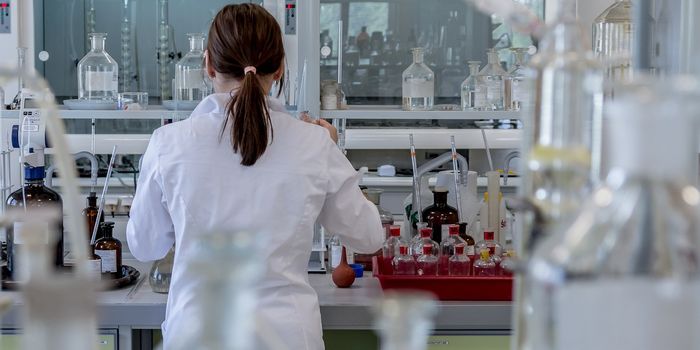Personalized Treatments Most Effective for Hypertension

Hypertension is a leading risk factor for early mortality. Globally, around 1.28 billion adults aged between 30 and 79 years old have hypertension. Estimates suggest that 46% of adults with the condition do not know they have it, and that only 21% of adults with hypertension have it under control despite a wide variety of treatment options.
A potential reason for these low treatment rates is that different drugs have different efficacy and side effects in different individuals. The wide variety of drugs may mean that patients do not receive the optimal drug at first, resulting in poor lowering of blood pressure and unnecessary side effects thereafter.
In the present study, researchers investigated whether there is an optimal blood pressure drug for different individuals. To do so, they recruited 280 patients with moderate hypertension who tested four different classes of hypertension drugs one after the other at different time points over a year.
In the end, they found that response to different medications varied between individuals and that on average, personalized treatment options had the potential to reduce systolic blood pressure by an additional 4.4 mm Hg. The findings contradict current treatment guidelines that equally recommend the four groups of drugs to all hypertension patients.
“If we personalise each patient’s medication, we can achieve a better effect than if we choose a drug from one of these four drug groups at random,” said Johan Sundström, cardiologist and Professor of Epidemiology at Uppsala University, first author of the study, in a press release.
“Our study shows that given the right blood pressure drug, the patient can lower their blood pressure and as a result can probably obtain better protection against future cardiovascular diseases more quickly,” he added.
Sources: EurekAlert, JAMA








